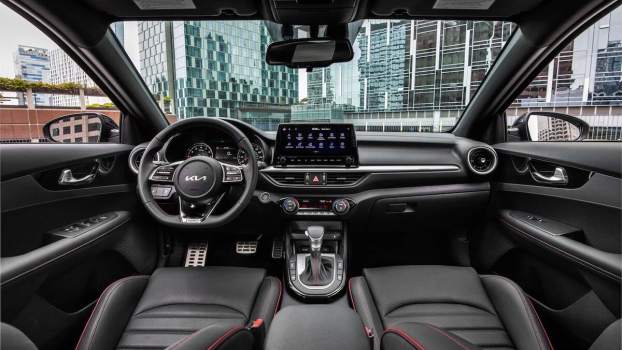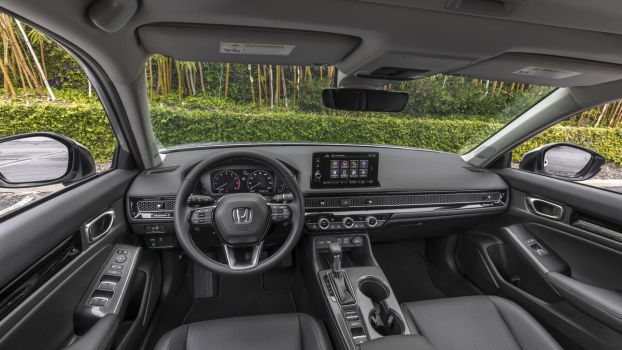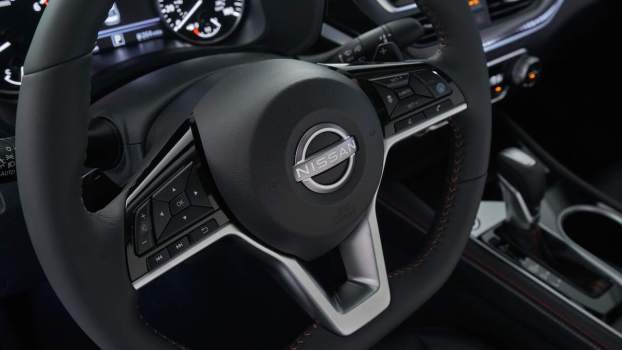
What Are Vehicle Resale Value and Car Depreciation? A Simple Guide
Resale value and depreciation are two concepts that dictate nearly every aspect of the used car market. In simple terms, resale value is the amount of money a vehicle is worth, and depreciation is a method used to calculate the cost of a physical asset, like a vehicle, throughout its life. As soon as a new car drives off a dealer lot, it depreciates. Some vehicles can lose over half their initial value during the first five years of ownership.
But how exactly do vehicle resale value and depreciation work in the used car market? Is there a method to calculate depreciation, and what factors contribute to it? Here is everything you need to know about car resale value and how to save money on your next vehicle.
Why does a new car lose value when it’s driven off the dealer lot?

A vehicle loses about 10% of its original retail value just by being driven off the new car lot. A few factors go into this initial depreciation.
The biggest reason for this drop in value is the lack of a clean and clear vehicle history. One of the biggest luxuries in buying a new car is the clean record a new vehicle holds. When a consumer purchases a new car, they are the first and only person to have owned the vehicle. That means a consumer knows exactly what has happened to the vehicle. They don’t have to worry about hidden spills in the cabin, a poor maintenance record, or anyone else having driven the car. It has a clean bill of health.
Even if a vehicle is purchased and returned the next day, it loses value because it has an owner listed on the history report. It also leads to other buyers being wary of used vehicles with extremely low mileage. Some consumers see low-mileage used vehicles as a sign that the car is a lemon because the first owner already returned it to the dealer.
What affects a car’s resale value?

When it comes to a car’s resale value, four main aspects dictate how much a vehicle is worth:
- Mileage: The first and foremost factor of vehicle resale value is the number on the odometer. When a used car is for sale, one of the first questions most shoppers ask is, “How many miles are on it?” Though mileage isn’t everything, it’s a good indicator of how well a vehicle has been taken care of. The average yearly mileage is 10,000 to 15,000. If a 1-year-old vehicle is approaching 40,000 miles, it has been driven extensively in its short life.
- Condition and accident history: The next factor in a car’s resale value is condition and accident history. Scratches on the paint, stains on the seats, previous accidents, and other factors add to a vehicle’s depreciation.
- Market conditions and fuel prices: Are new vehicles in short supply? If so, chances are that a used car will increase in value due to the convenience of having a vehicle to drive home that day. Fuel prices can also affect a vehicle’s value. If fuel prices are high, hybrid and economy car values rise.
- Brand reliability and appeal: This last aspect has a huge factor in value. For example, Toyota cars are famous for reliability, adding to their value. However, vehicles from automakers like Maserati, Land Rover, and Jaguar aren’t known for being the most reliable, which hurts their value.
How do you beat car depreciation?
When it comes to vehicle depreciation, you want to make sure your car loses as little value as possible.
First, if you’re looking to beat deprecation by selling your vehicle outright, do so as soon as possible. A car can lose nearly 50% of its value after the first three years of ownership.
Other than age, another way to hold on to market value is to ensure your vehicle has regular maintenance performed with documentation. Also, keep the interior free of spills and stains, and make sure the paintwork stays clean and waxed to prevent excessive wear.
However, mileage is king when it comes to vehicle resale value. Combine trips and carpool with co-workers to keep miles off your car whenever possible.
How do I calculate my car depreciation?
Luckily, vehicle depreciation and market values can be found online easily. CarEdge offers an easy-to-use car depreciation calculator that estimates the depreciation of your vehicle based on age, mileage, and years of ownership.
By using online resources, you can make educated decisions regarding your new or used car purchase, ensuring you own an asset that will be worth as much as possible throughout your ownership and beyond.






